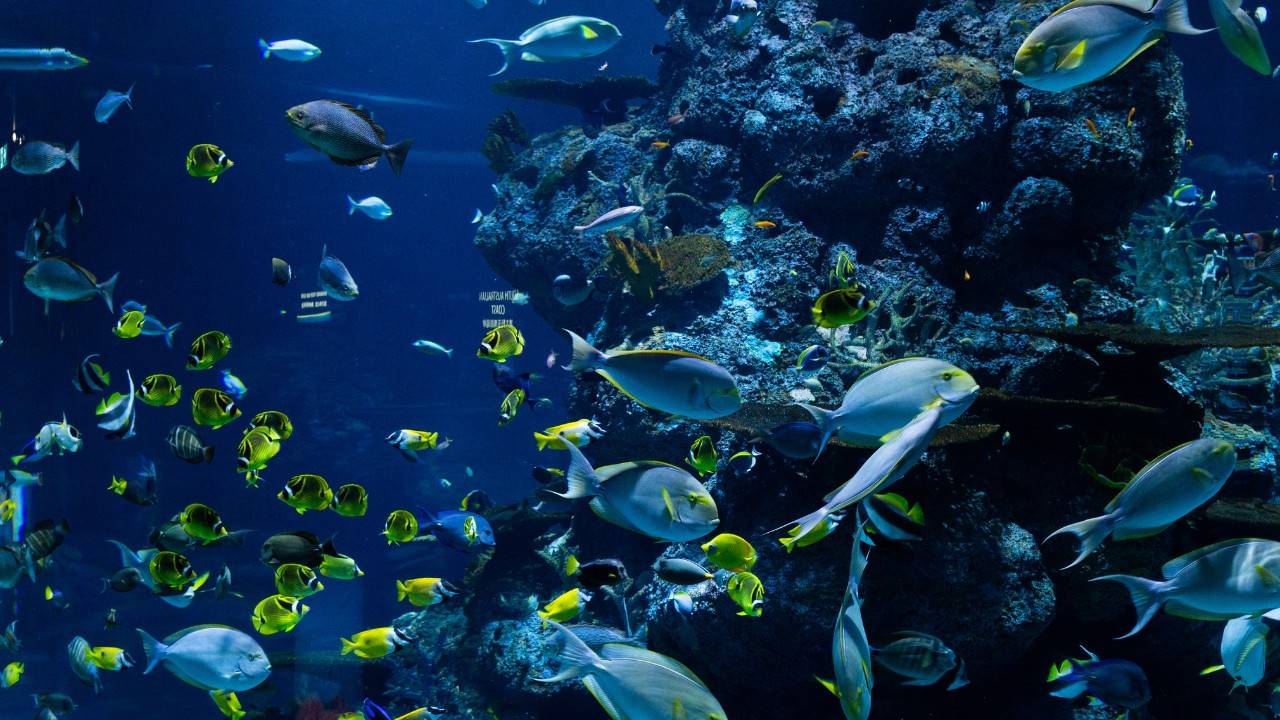Alexandra Cousteau, granddaughter of famous French Explorer Jacques Cousteau, is following in her grandfather’s footsteps and doing her part to help restore the biodiversity of the oceans.
Cousteau co-founded the group Oceans 2050 which is now leading an international study on the environmental benefits of seaweed farming, looking for ways to bring more sustainable farming practices to the mainstream.
The article in Forbes explains:
“Like trees, the ocean’s large seaweeds are excellent vessels for storing carbon. However, instead of absorbing carbon dioxide from the air, seaweeds take up the carbon dioxide dissolved in seawater. Kelp, one of these carbon-storing seaweeds, also provides several additional benefits to the oceans: kelp forests create unique habitat for a diversity of marine life, stabilize local seawater chemistry to reduce the negative effects of ocean acidification, and absorb nutrients that can cause harm to ecosystems if they become overabundant.”
Cousteau says that she is aiming to restore life to the oceans by 2050, roughly the time when her daughter would be her current age.
Although conserving ocean life is important, her work is dedicated specifically to restoration — adding more life instead of just conserving the already-depleted life due to human intervention.
I like that Alexandra is thinking about the long-term here of not just preserving what’s left but looking to help ocean life in the future.
We definitely need more people like her looking after our oceans.


